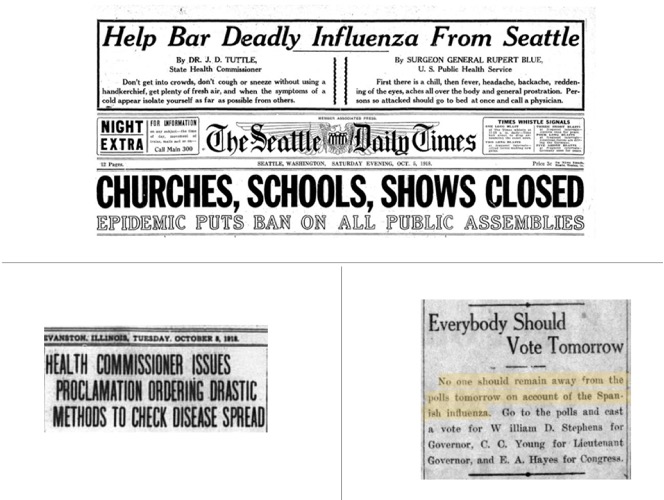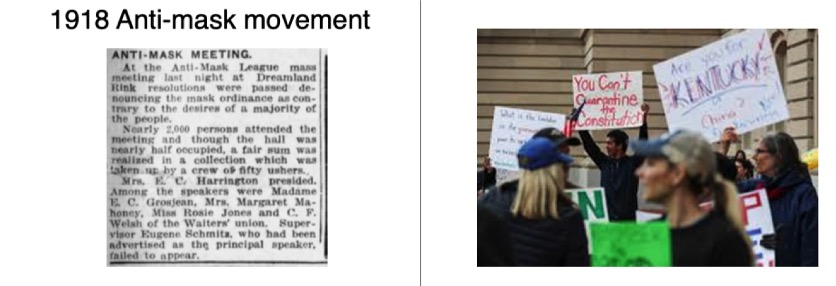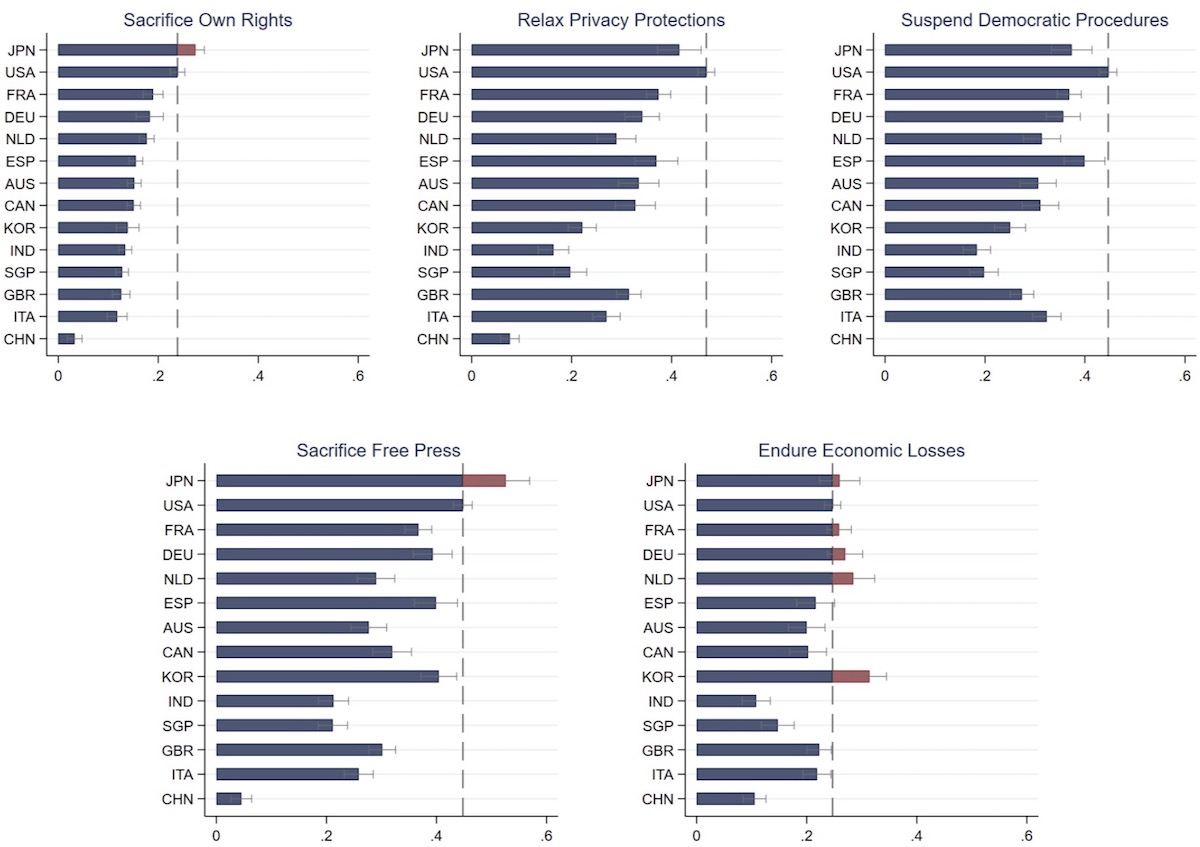The notion that humans have natural, inalienable rights is the foundation of liberal democracies. Political philosophers – from John Locke to John Stuart Mill to John Rawls – argue that the foundation of the justice of the state is its respect for and protection of civil liberties, such as due process, freedom of speech, and right to privacy. In fact, civil liberties are so fundamental that some consider them as “sacred,” and not to be subject to comparison or trade-offs.
However, when societies are faced with major crises, the trade-offs between individual civil liberties and societal well-being become acute and inevitable. On the one hand, the state’s ability to weather the crises often hinges on mobilizing resources and imposing restrictions. On the other hand, as Friedrich Hayek puts it, “‘Emergencies’ have always been the pretext on which the safeguards of individual liberty have been eroded.” Crises may become the excuse for permanent erosion of civil liberties and even a backsliding of civil democracies.
As the world confronts the global health threat of the COVID-19 pandemic, what are citizens willing to sacrifice and what are they steadfast in supporting no matter what the circumstance? How do citizens’ views vary across countries and across demographic groups within a country? How do such views change over time in relation to the evolution of the pandemic? Given the scale of the pandemic and the extraordinary measures adopted by governments to curtail it, the COVID-19 crisis provides a unique and tragic opportunity to understand how citizens view the trade-offs between civil liberties and improved public health conditions.
While COVID-19 represents one of the largest and in many dimensions unprecedented crises in recent history, the debate about trading-off civil liberties during crises has been age-old. Similar discussions have repeatedly arisen in the past: for example, after the terrorist attacks in 2001 and the US government’s surveillance of the population; after many devastating natural disasters when various governments move to restrict freedom; and after the Great Influenza in 1918 when many states imposed bans on public gatherings and enforced face masks in public space – much like what we are witnessing today, more than a century later (see Figures 1 and 2).

Figure 1: newspaper headlines during the Great Influenza in 1918

Figure 2: anti-mask movements in 1918 and 2020
In order to study how citizens view the trade-offs between civil liberties and improved public health conditions during the COVID-19 pandemic, my collaborators and I administered a large-scale representative survey during the past 7 months to more than 400,000 people in 15 countries – Australia, Canada, China, France, Germany, India, Italy, Japan, the Netherlands, Singapore, Spain, South Korea, Sweden, the United Kingdom, and the United States. By focusing directly on citizens’ evolving attitudes toward public-health policies and civil liberties, we can see how people navigate the trade-offs brought on by the pandemic, as well as the factors that shape public preferences.

Figure 3: share of respondents unwilling to … for the sake of public health
(vertical lines indicate mean of respondents in the US as benchmark)
Several conclusions emerge from the study. First, a large fraction of people around the world reported being willing to sacrifice their own rights and freedoms in order to improve public health conditions during the COVID-19 pandemic. Overall, about 80% of respondents were willing to sacrifice at least some of their own rights in times of crisis, and citizens from the countries surveyed ranked the importance of core civil liberties similarly. For example, people tend to be least willing to give up rights to privacy or cede power to a central figure, and most willing to endure personal restrictions or significant economic losses.
However, the differences between countries are substantial (see Figure 3). For example, a mere 5% of respondents in China expressed an unwillingness to sacrifice any of their own rights during times of crisis, whereas four times as many respondents in the US did. Moreover, almost half of US respondents said they would not give any ground on freedom of the press, compared to under 5% of respondents in China. The citizens of Japan and the United States, for instance, tend to be among the least willing to sacrifice civil liberties in exchange for improved public health conditions. Conversely, the citizens of China and India seem to be among the most willing to. EU citizens tend to fall somewhere in between.
We also find that, in democratic societies, individuals who have stronger connections to countries that historically did not provide extensive protections of civil liberties are less willing to sacrifice their own rights and freedom for the sake of public health. Specifically, we find that individuals who live in regions that belonged to East Germany before reunification, and individuals who have relatives from North Korea reported being less willing to give up their rights than their co-national counterparts.
Second, we document a strong and robust pattern of individuals with greater exposure to health risks exhibiting a stronger willingness to give up civil liberties in the name of public health. Citizens more prone to COVID-19-related health complications and residing in COVID-19 hotspots are more willing to sacrifice individual rights and freedoms than are those who have a lower risk. Exposure to COVID-19 risks is associated with greater acceptance of policies to relax privacy protections, greater willingness to suspend democratic procedures and to delegate decision-making to experts, and greater tolerance of policies that curtail economic activity and mobility.
Third, we find that citizens’ willingness to sacrifice civil liberties reflects more than just health concerns. People with less education and weaker attachments to the labor force, or (in the case of the US) who are members of racial and ethnic minorities, are less willing to trade off their rights than are other groups, even in the face of heightened health risks. Perhaps being able to accept restrictions on civil liberties is a “luxury” that members of these groups, who may have a long history of exclusion and abuse, cannot afford, so they view any such restrictions as a threat to their lives and livelihoods. It also is possible that those who are more economically advantaged already have their interests well represented by policymakers, and don’t necessarily have to rely on free speech and assembly, much less worry about state surveillance.
Finally, we find that in most countries, people’s willingness to give up civil liberties in exchange for improved public health conditions closely tracks the extent to which they are worried about the pandemic. As shown in Figure 4, between March and mid-June 2020, people became less worried about the risks associated with the COVID-19 pandemic, and their willingness to sacrifice their rights decreased. After a plateau period in the later summer, worries picked up again and so did people’s willingness to sacrifice civil liberties for the sake of public health.

Figure 4: changes in willingness to … over time
This study paints a complicated picture of how citizens trade-off civil liberties during major crises. While many do not consider civil liberties as “sacred,” their willingness to sacrifice rights and freedom during crises is shaped by different exposure to the health risks, diverse socioeconomic background, and distinct perceptions of the potential long-term erosion of civil liberties.
The policy responses adopted by governments, especially democratic ones, should be responsive to the preferences of the citizenry. The extent to which citizens comply with policies enacted in times of crises likely depends on whether they agree with the restrictions imposed by the policies, which could ultimately determine the efficacy of these policies against the pandemic. Moreover, providing safeguards that ensure restrictions are lifted once the crisis subsides would be instrumental in citizens’ willingness to sacrifice rights and freedom during the crisis, and critical to the protection of the core values, rights and freedom that humanity fights for and cherishes dearly.
3 November 2020
